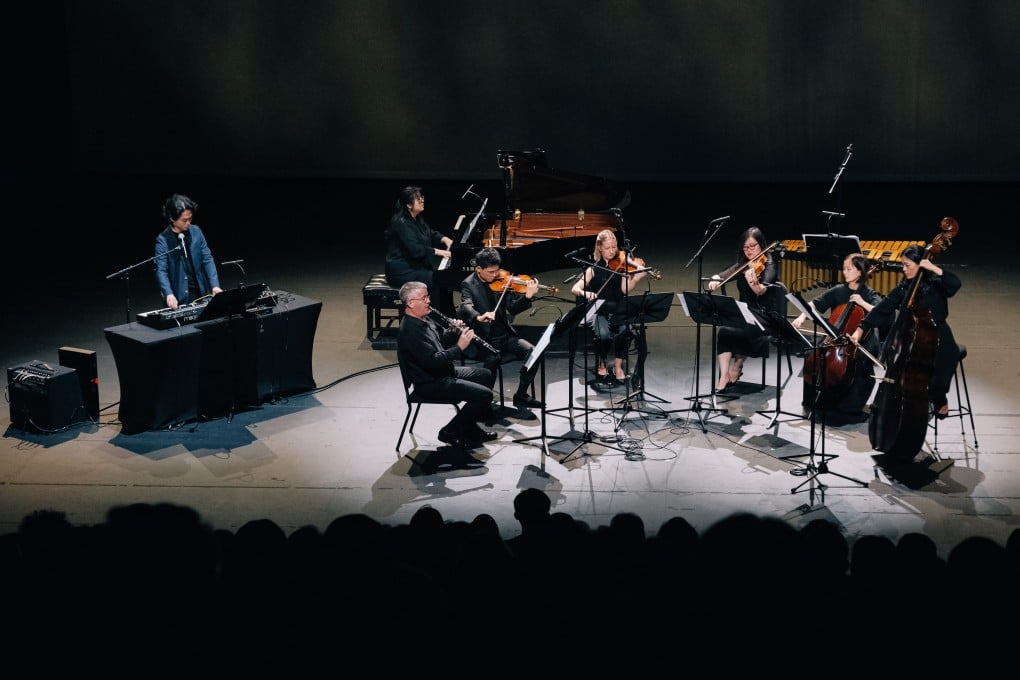Review | Erkki-Sven Tüür and Olivier Cong’s chamber music, performed by Hong Kong Philharmonic players, a study in contrasts
- Chamber concert brought together works by two composers worlds apart – Estonian prog rock veteran Erkki-Sven Tüür and young Hong Kong counterpart Olivier Cong
- Tüür’s work is about contrasts – in tonality, tempos and modes – and so too is that of Cong, in elegiac mood here with references to his home as ‘a dying city’

Indie musicians with classical pretensions are nothing new. Jonny Greenwood’s orchestral soundtracks and Bryce Dessner’s symphonic output immediately come to mind – two art rock guitarists in arena-filling bands (Radiohead and The National, respectively) who have both previously been programmed by the Hong Kong Philharmonic Orchestra.
To that list we can add Hong Kong’s very own troubadour-turned-auteur Olivier Cong, who was paired in “The Wind with a Voice”, a left-field chamber concert staged by HKPhil on May 30, with Erkki-Sven Tüür, the Estonian composer whose early prog rock lineage doubtless inspired the intergenerational exchange.
Tüür, perhaps best-known for leading the band In Spe from behind the Iron Curtain, will also see the Asian premiere of his Symphony no. 10, ÆRIS, for Four Horns and Orchestra performed by the full orchestra on June 2-3.
The programme of “The Wind with a Voice” ping-ponged between the two men’s works and was divided by somewhat incongruous home videos each composer filmed of their hometowns – Hong Kong’s city streets cast next to a snowy Baltic wilderness, an MTR ride juxtaposed with a beautiful Tallinn castle, glowing evening sun intercut with urban alienation.

If these cute clips were designed to highlight how far apart the composers’ worlds are, then the musical programme was tasked with closing that gap.